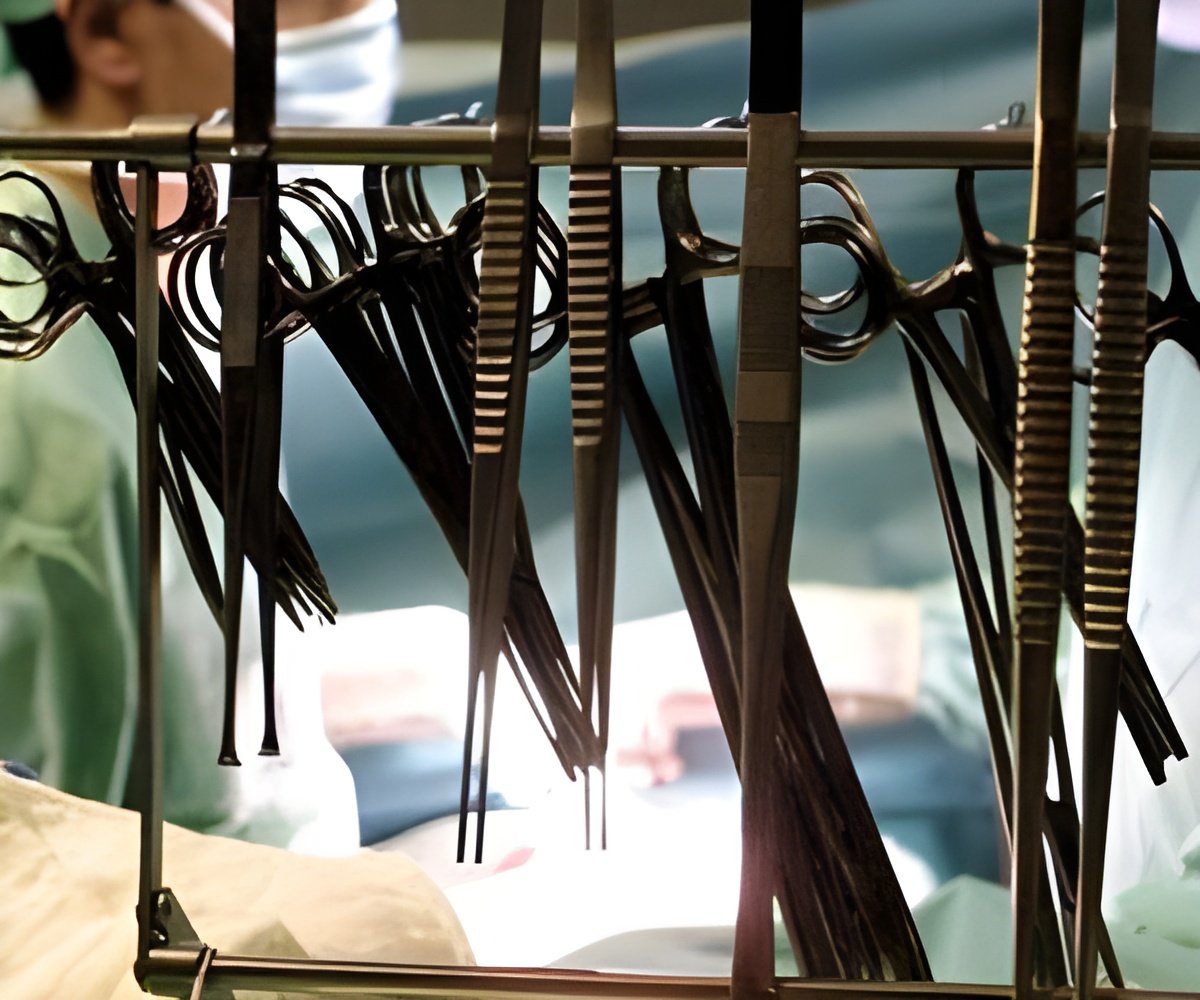Patients doing Internet searches to learn about liposuction will find overall 'very poor' quality of information.

‘Patients doing Internet searches to learn about liposuction will find overall 'very poor' quality of information especially on possible risks of liposuction.’





Using popular web search engines, the researchers identified 245 websites providing information on liposuction (excluding duplicate and irrelevant sites). The websites were evaluated using the modified 'Ensuring Quality Information for Patients' (EQIP) tool, which provides a standardized assessment of the quality and completeness of Internet health information. The results showed 'substantial shortcomings' of the online information about liposuction. Only about 30% of sites had 'high scores' on the EQIP, earning at least 18 out of 36 possible points. The median score was 16 out of 36 possible points, with a range of eight to 29 points.
Nearly two-thirds of the websites were developed by plastic surgeons and practices and practices offering liposuction services. But the quality of the information provided was low - more than three-fourths of websites developed by plastic surgeons had low scores for quality of information.
In contrast, other types of websites - including those developed by professional societies (such as ASPS), portals, patient groups, health departments, and academic centers - scored higher for quality of information about liposuction.
But few of the websites provided information on complications associated with liposuction. Surprisingly, most sites developed by plastic surgeons did not mention any of the potential risks. While liposuction is generally a very safe procedure, the overall complication rate has been reported as high as one in every ten patients. The estimated mortality rate is one out of 5,000 procedures.
Advertisement
"According to our results, the overall quality of information on liposuction for patients is very poor," Dr. Palma and colleagues write. While the low quality of plastic surgeons' websites is particularly disappointing, they note that even the highest-scoring websites have significant limitations.
Advertisement
Source-Eurekalert












